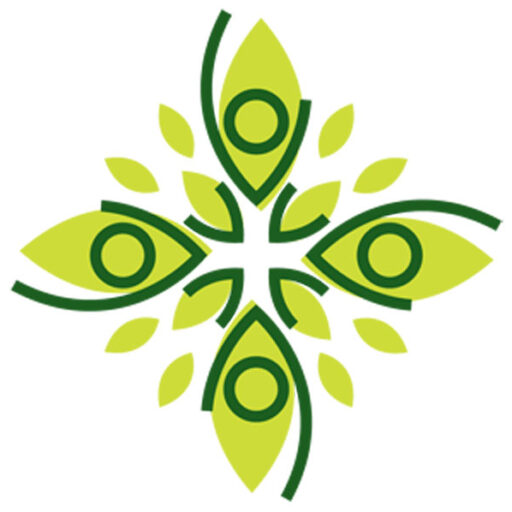An embodied theology begins with you, your senses, your perception, your social location and intersectional identities, and then it moves outward to incorporate the people around you, your culture, and even the stories that you internalized about yourself that came from them. An embodied theology begins with your divine soul, your heart center. When you remember that you are divine, that there’s a spark of divinity inside you, then you can start to create your own personal theology.
This theology, the way in which you study how you are connected to divinity and it to you, can bring in elements from religious teachings you may have been taught and which still resonate with you in some way. They can also bring in elements that are completely new, perhaps listening to whispers of the gods who may be choosing to reach out or with whom you may wish to explore a relationship.
The heart-center is often linked to love. And there’s a lot of talk about self-love and loving your neighbor, and all of that is good. It’s also really hard to remember in our culture right now. There’s a lot of division, a lot of strife, and a lot of us are struggling. But I’d like to think that it is our heart that often reaches out through the senses, through embodied existence, even as we put limits on it. A limitless heart, an unbounded heart, is one that seeks to connect and find connection with as much energy as possible.
It’s seeing a beloved pet sleeping soundly, maybe hearing their little (or big) snores. It’s cooking a meal for a spouse or your family or even good friends, and sharing it with them full of smiles and laughter. It’s the clasp of a hand as you support someone, the smell of leaves in the fall or the crunch of a crisp apple. Each of these experiences can touch your heart; they’re also all divine.
When you recognize the divine in your experiences, in your senses, you can begin to recognize it in yourself and in the world around you. This is the foundation of your personal theology. It begins with the heart.


